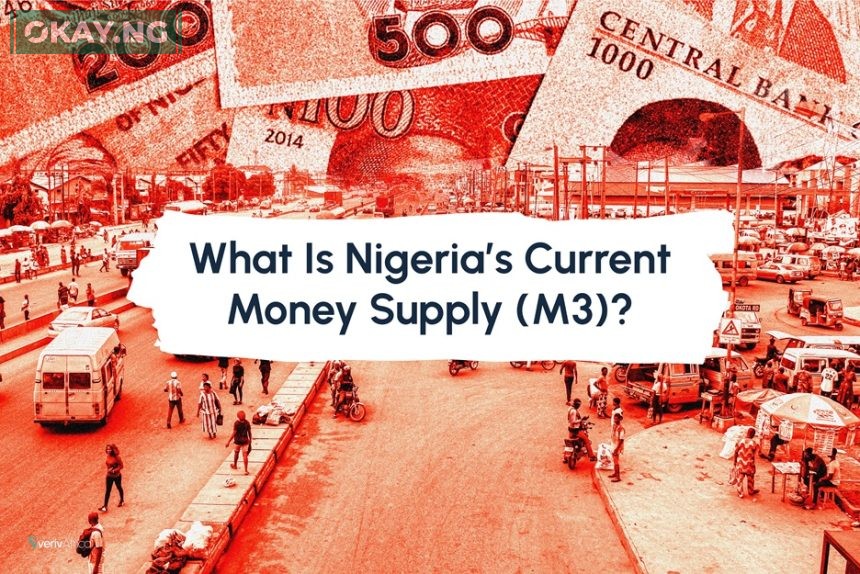The latest figures from Nigeria paint a concerning picture. The nation’s broad money supply (M3) has ballooned to a staggering N110.98 trillion in January 2025, a hefty 17.3% jump from the N94.61 trillion recorded in January 2024. This surge in liquidity raises a critical question: will it further ignite the already smouldering embers of inflation?
While the Central Bank of Nigeria (CBN) hasn’t released December 2024 data, leaving a gap in our understanding of holiday spending’s impact, the overall trend is clear. M3 has been on a steady upward trajectory, particularly in the latter half of 2024, climbing from N108.97 trillion in November to N109.41 trillion in September before reaching this new peak. This expansion, driven by both net foreign assets (NFA) and net domestic assets (NDA), presents both opportunities and challenges.
“The increase in M3 money supply…provides a holistic picture of Nigeria’s monetary dynamics,” as the CBN’s own report suggests. NFA, which includes external reserves and capital inflows, rose by 19% year-on-year to N35.39 trillion. This likely reflects improved external reserves, capital inflows, and a stronger trade balance. Meanwhile, NDA, encompassing lending and government borrowing, grew by 16.5% to N75.59 trillion, pointing towards increased lending, government borrowing, and broader credit expansion.
Read Also: US Tariffs Threaten Global Inflation, Nigeria at Risk, Warns CBN Governor
But here’s where the concern lies. Economic theory, backed by historical precedent, suggests that a rapid expansion of money supply can act as a potent accelerant for inflation. Too much money chasing too few goods can lead to price hikes, eroding purchasing power and impacting everyday Nigerians. We’ve all felt the pinch of rising prices at the grocery store or the pump, and this surge in money supply could exacerbate those pressures.
This couldn’t come at a more critical juncture. The Monetary Policy Committee (MPC) has voted to keep the interest at 27.50% on the grounds of abating inflation; this rides on the new rebasing structure the NBS has implemented, which has seen inflation slow. Inflation disproportionately affects low-income households, making it harder to afford basic necessities. The CBN must carefully consider the social implications of its decisions. We need policies that promote sustainable growth without sacrificing price stability. This requires a nuanced understanding of the interplay between monetary policy, fiscal policy, and global economic forces.
I believe that transparency is key. The CBN should provide a clearer picture of the drivers behind this money supply growth and outline its strategy for managing inflation. Open communication builds trust and allows individuals and businesses to make informed decisions. As we navigate these uncertain economic times, a data-driven approach, coupled with a focus on the human impact, is crucial.












